Refine listing
Actions for selected content:
15726 results in ISEAS-Yusof Ishak Institute
Frontmatter
-
- Book:
- Shifting to a Higher Gear
- Published by:
- ISEAS–Yusof Ishak Institute
- Published online:
- 04 July 2025
- Print publication:
- 07 April 2024, pp i-iv
-
- Chapter
- Export citation
Foreword
-
-
- Book:
- Shifting to a Higher Gear
- Published by:
- ISEAS–Yusof Ishak Institute
- Published online:
- 04 July 2025
- Print publication:
- 07 April 2024, pp v-vi
-
- Chapter
- Export citation
Shifting to a Higher Gear: The Saga of Malaysia’s National Carmaker Proton
-
-
- Book:
- Shifting to a Higher Gear
- Published by:
- ISEAS–Yusof Ishak Institute
- Published online:
- 04 July 2025
- Print publication:
- 07 April 2024, pp vii-viii
-
- Chapter
- Export citation
Scrutinizing the DAP’s Success in the 2023 Malaysian State Elections
-
-
- Book:
- Scrutinizing the DAP's Success in the 2023 Malaysian State Elections
- Published by:
- ISEAS–Yusof Ishak Institute
- Published online:
- 04 July 2025
- Print publication:
- 04 April 2024, pp 1-52
-
- Chapter
- Export citation
Scrutinizing the DAP’s Success in the 2023 Malaysian State Elections
-
-
- Book:
- Scrutinizing the DAP's Success in the 2023 Malaysian State Elections
- Published by:
- ISEAS–Yusof Ishak Institute
- Published online:
- 04 July 2025
- Print publication:
- 04 April 2024, pp vii-viii
-
- Chapter
- Export citation
Foreword
-
-
- Book:
- Scrutinizing the DAP's Success in the 2023 Malaysian State Elections
- Published by:
- ISEAS–Yusof Ishak Institute
- Published online:
- 04 July 2025
- Print publication:
- 04 April 2024, pp v-vi
-
- Chapter
- Export citation
Frontmatter
-
- Book:
- Scrutinizing the DAP's Success in the 2023 Malaysian State Elections
- Published by:
- ISEAS–Yusof Ishak Institute
- Published online:
- 04 July 2025
- Print publication:
- 04 April 2024, pp i-iv
-
- Chapter
- Export citation
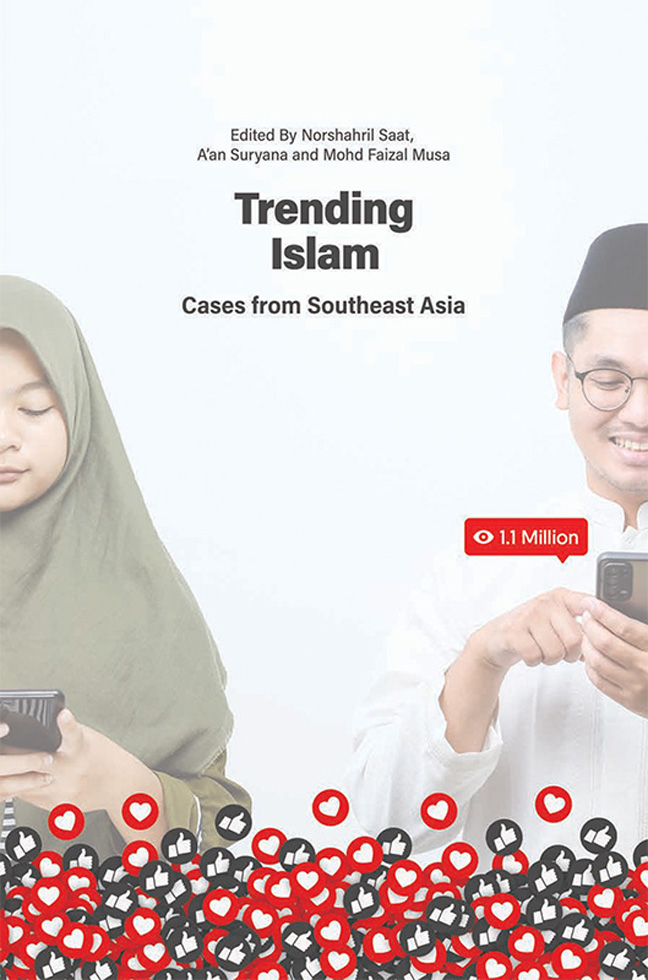
Trending Islam
- Cases from Southeast Asia
-
- Published by:
- ISEAS–Yusof Ishak Institute
- Published online:
- 26 March 2024
- Print publication:
- 21 September 2023

Gender Equality and Diversity in Indonesia
- Identifying Progress and Challenges
-
- Published by:
- ISEAS–Yusof Ishak Institute
- Published online:
- 26 March 2024
- Print publication:
- 31 October 2023
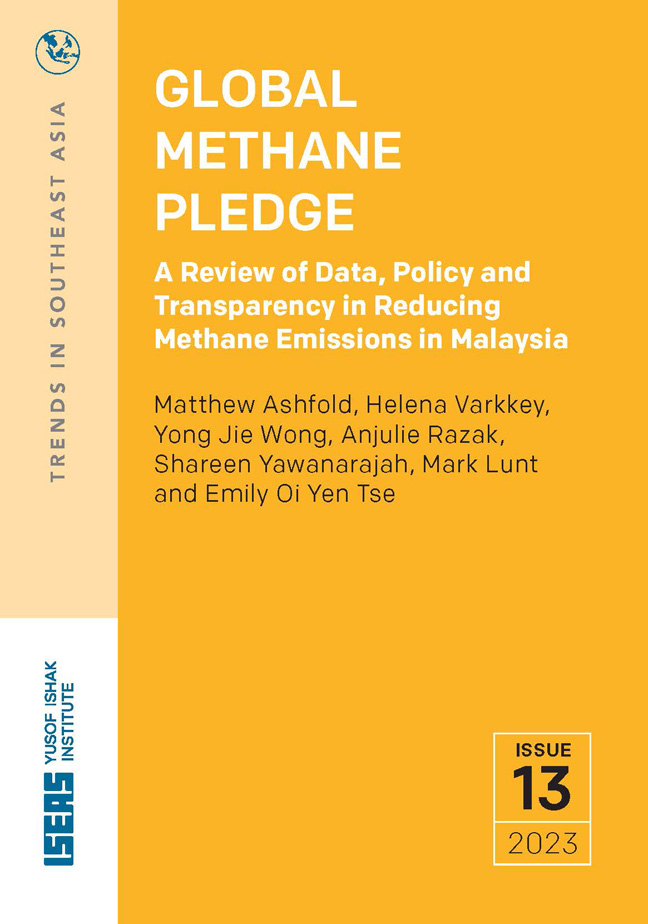
Global Methane Pledge
- A Review of Data, Policy and Transparency in Reducing Methane Emissions in Malaysia
-
- Published by:
- ISEAS–Yusof Ishak Institute
- Published online:
- 26 March 2024
- Print publication:
- 19 September 2023
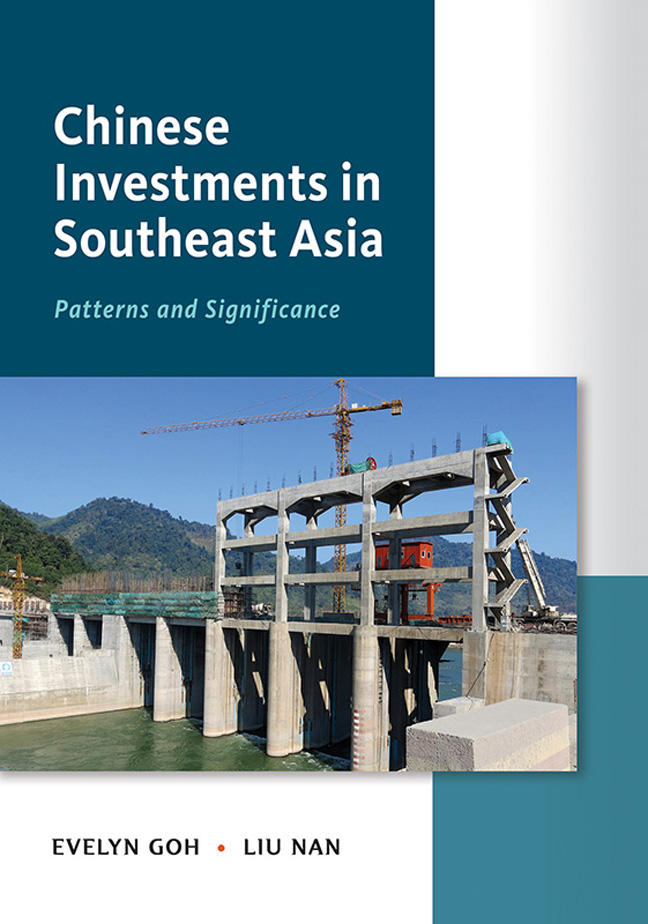
Chinese Investments in Southeast Asia
- Patterns and Significance
-
- Published by:
- ISEAS–Yusof Ishak Institute
- Published online:
- 26 March 2024
- Print publication:
- 06 September 2023
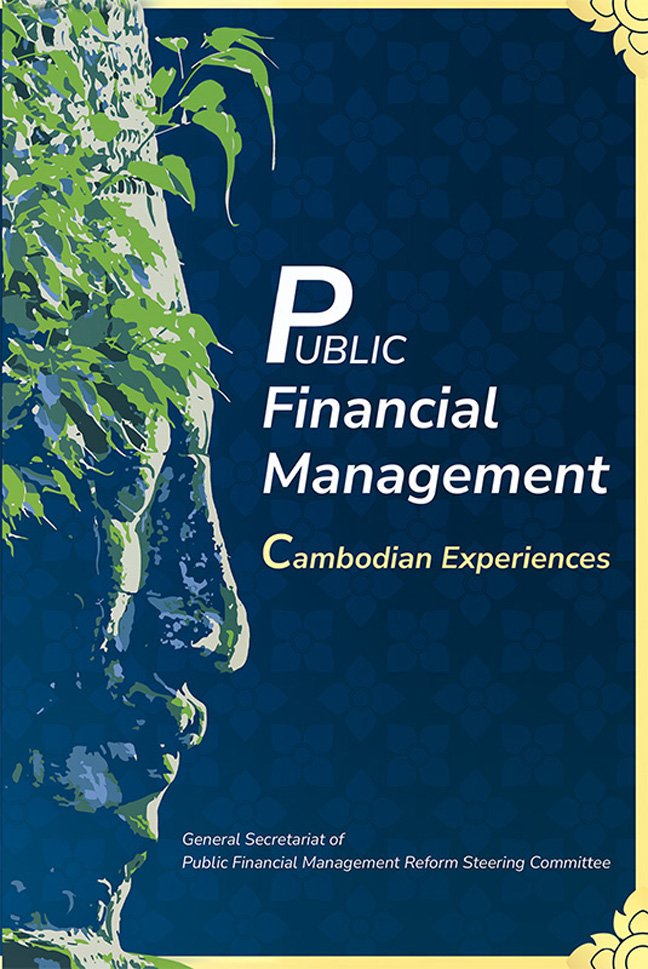
Public Financial Management
- Cambodian Experiences
-
- Published by:
- ISEAS–Yusof Ishak Institute
- Published online:
- 26 March 2024
- Print publication:
- 26 September 2023
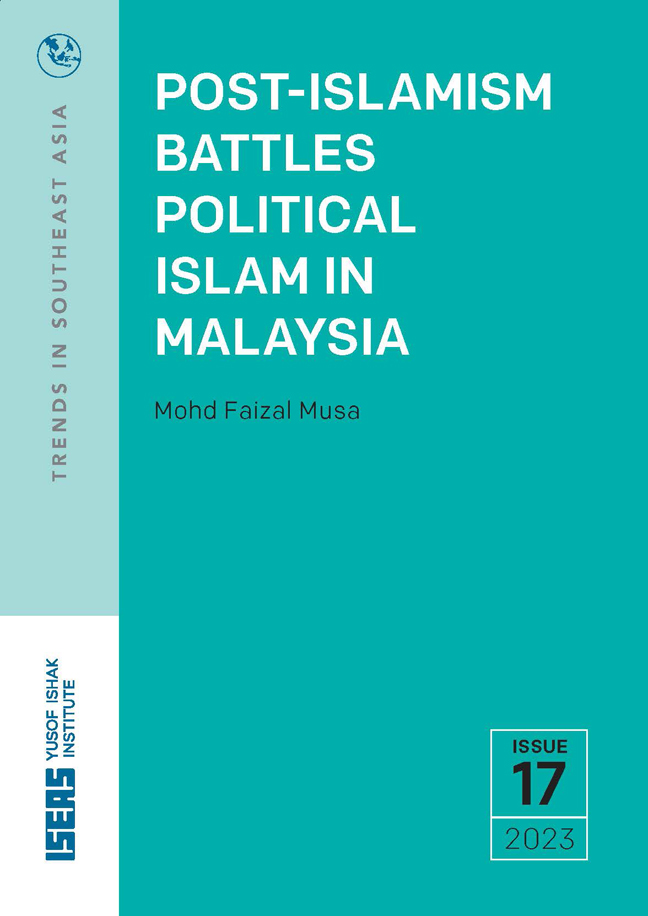
Post-Islamism Battles Political Islam in Malaysia
-
- Published by:
- ISEAS–Yusof Ishak Institute
- Published online:
- 26 March 2024
- Print publication:
- 29 October 2023
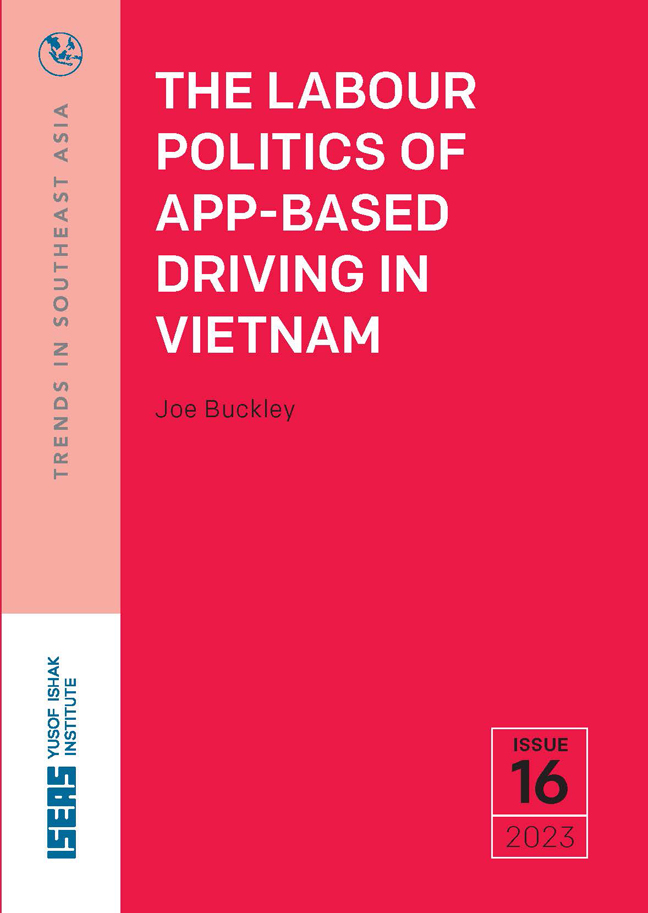
The Labour Politics of App-Based Driving in Vietnam
-
- Published by:
- ISEAS–Yusof Ishak Institute
- Published online:
- 26 March 2024
- Print publication:
- 04 October 2023
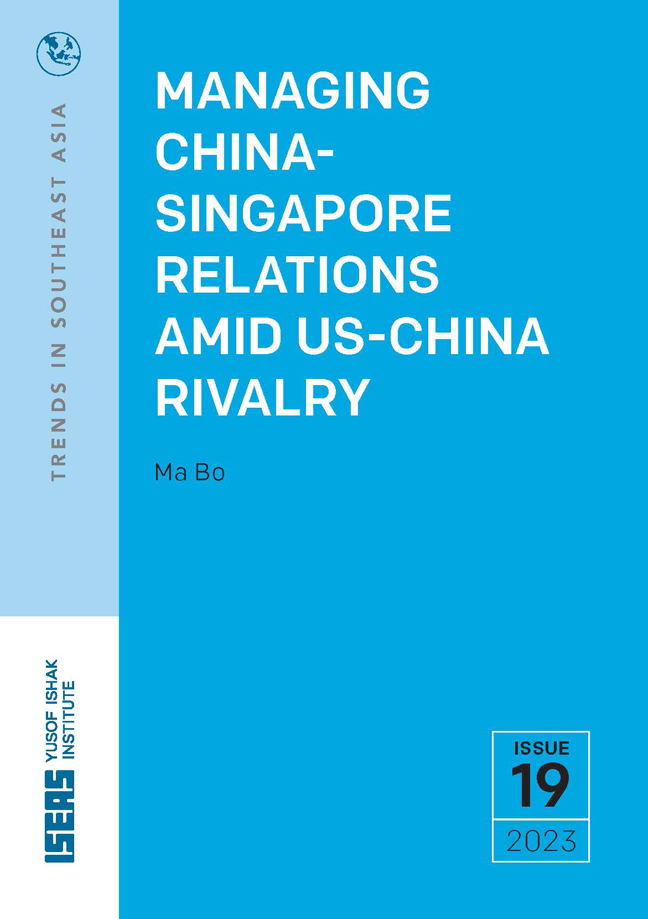
Managing China-Singapore Relations amid US-China Rivalry
-
- Published by:
- ISEAS–Yusof Ishak Institute
- Published online:
- 26 March 2024
- Print publication:
- 13 November 2023

Indonesia's Moderate Muslim Websites and Their Fight Against Online Islamic Extremism
-
- Published by:
- ISEAS–Yusof Ishak Institute
- Published online:
- 26 March 2024
- Print publication:
- 03 October 2023
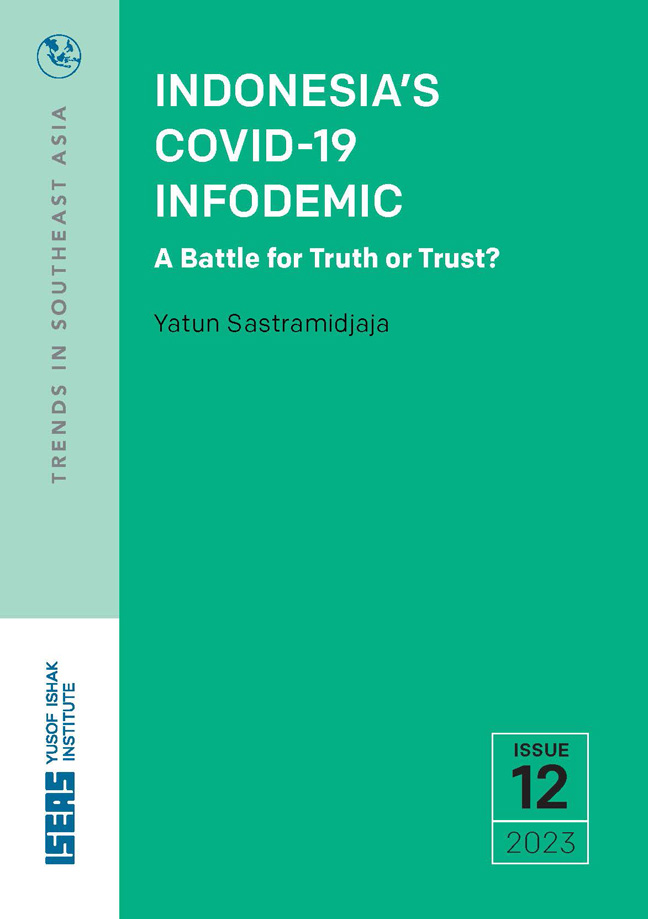
Indonesia's COVID-19 Infodemic
- A Battle for Truth or Trust?
-
- Published by:
- ISEAS–Yusof Ishak Institute
- Published online:
- 26 March 2024
- Print publication:
- 26 September 2023

Terrorism in Indonesia and the Perceived Oppression of Muslims Worldwide
-
- Published by:
- ISEAS–Yusof Ishak Institute
- Published online:
- 26 March 2024
- Print publication:
- 20 September 2023
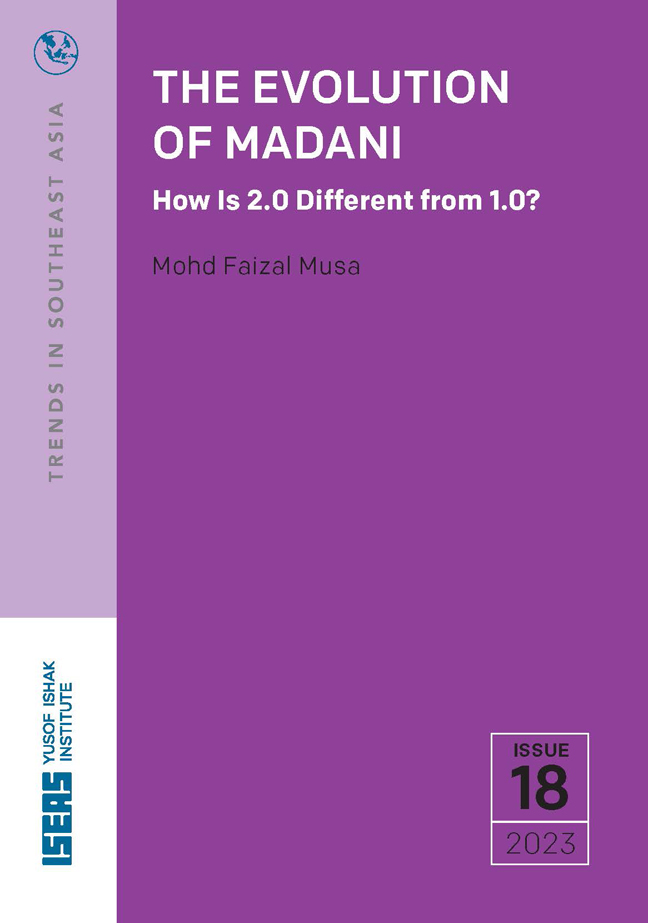
The Evolution of Madani
- How Is 2.0 Different from 1.0?
-
- Published by:
- ISEAS–Yusof Ishak Institute
- Published online:
- 26 March 2024
- Print publication:
- 01 November 2023
Prosperity or Predicament? Decoding Certification Challenges in Malaysia’s Palm Oil Industry
-
-
- Book:
- Prosperity or Predicament?
- Published by:
- ISEAS–Yusof Ishak Institute
- Published online:
- 04 July 2025
- Print publication:
- 11 March 2024, pp 1-45
-
- Chapter
- Export citation
